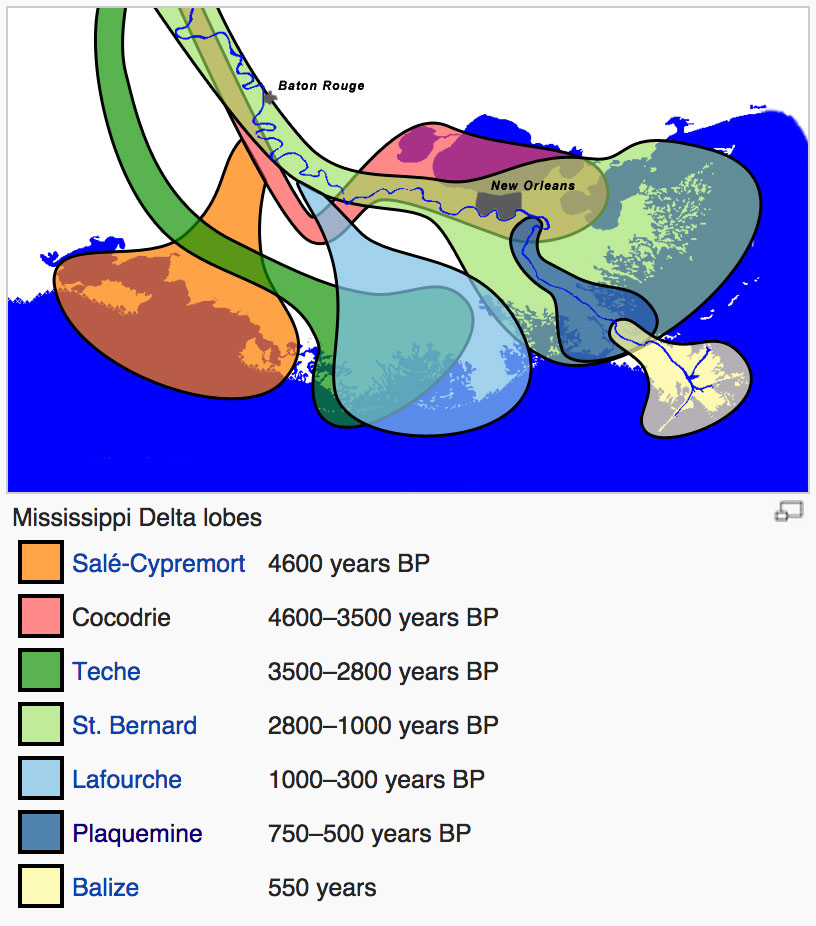If you want to consider this Ebola outbreak as a minimal standards stress test for a response by the World Health Organization to a giant flu pandemic (or zombie apocalypse!), the answer is “Yep, we’re all going to die,” according to a huge investigative reporting article by the New York Times last week.
True, U.S. health professionals and others have noted that if Ebola emerged in the United States (or another industrialized nation), it would almost certainly be controlled quickly because of generally greater access to and availability of controlled care, as well as the C.D.C.’s presence. Unfortunately, disease outbreaks and pandemics are far more likely to start in and rapidly spread through developing and underdeveloped nations, which lack both the C.D.C. and plenty of good hospitals. And that’s where the trouble starts.
As the article reveals, the W.H.O. is severely under-staffed and under-funded, with just a fraction of the C.D.C.’s annual resources, despite theoretically advising the entire world. Their efforts to coordinate responses across national lines and even respond at all have been an omnishambles of lateness and ineffectiveness. Some of this is avoidable incompetence, but a lot of it comes back to the money issue. As it turns out, the W.H.O. gets only one-fifth of its annual budget from world governments (who have been cutting back anyway, following the global recession), which is a pretty disturbing testament to just how little governments spend relative to what they could be spending easily. The vast majority of the money comes from private donors, who nearly always bring an agenda with their contributions.
This tends to force the W.H.O. to spend a lot of money on rarer and narrower diseases (or on non-contagious health problems associated with affluent living standards) than on basics like malaria and the like. Moreover, the only time the private donor money goes to help fight disease outbreaks is when the outbreaks are in a developed nation or a non-industrialized country that also has a lot of rich people and business interests. The prime example cited was how money flooded in to help control and suppress the SARS outbreak 11 years ago, because it adversely affected the commerce of wealthy businessmen in China, Hong Kong, Taiwan, and other spots around the region. Once the outbreak ends, so does the cash flow.
Thus, the W.H.O. is underprepared and underresourced to combat disease outbreaks in countries with very low development, very high poverty, and not a lot of glamorous plutocrats willing to throw money at the problem. And since that’s where most of the potential pandemics are likely to break out and spread rapidly out of control, that’s not very re-assuring.
Thanks, budget hawks of the world! Thanks, misguided philanthropists! You are why we’re all going to be eaten by flu-ridden undead hordes.




 A new Al Jazeera
A new Al Jazeera 